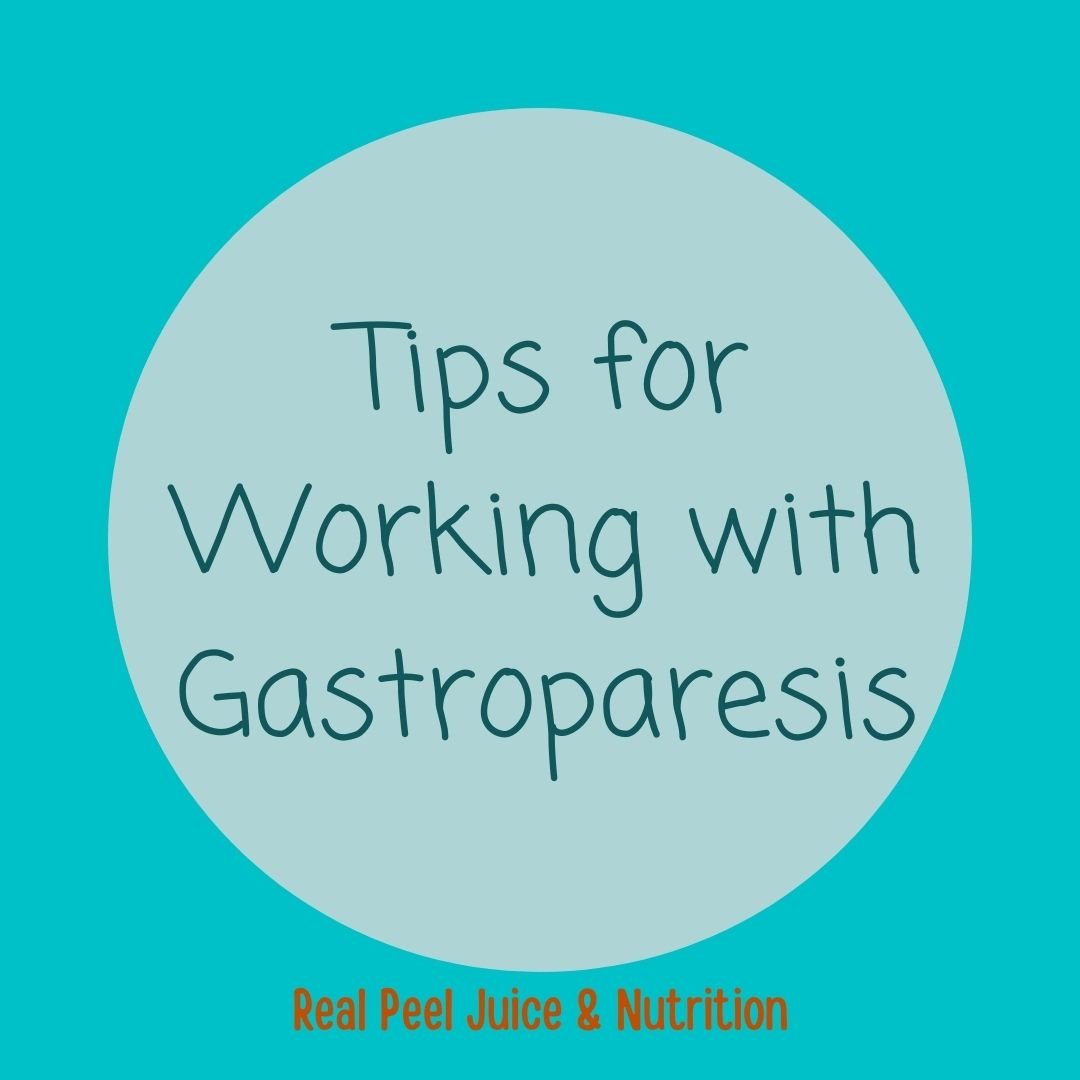Occasionally, I get requests from people coming to the site asking me to talk more about new medications and procedures for Gastroparesis.
They wonder why I don't have much information on what the new medications are and what procedures are being done to help Gastroparesis and I usually respond to them with the reason why and it's not always what they want to hear.
So, let's chat a bit.
First off, I don't talk much about these methods, because I am not a doctor and while I have a lot of knowledge on Gastroparesis, the digestive system, nutrition and health, I don't have the credentials to talk about different medications and whether they work or not. It would be irresponsible and I would be terribly upset if someone took my words as a way to treat themselves with a medication or procedure and it turns out wrong or makes them worse.
Second, I don't talk much about them, because that's not where I found my personal healing. None of the options available worked for me or I wasn't interested in trying them. My doctor laid out the options for me and gave me realistic expectations of how they would work and they weren't worth it. I tried Reglan, it was horrifying. I tried Erythromycin, it was shocking how horrible it was. I didn't want a procedure so young and I didn't want to keep pumping my body with medicine that "might" help.
Finally, that's not where I focus when I am helping my clients with their Gastroparesis. My goal for them is to work with natural methods, nutrition and the occasional supplement if it's needed. So, it would feel disingenuous for me to come on and promote medications and surgeries.
Am I Against All Medications and Procedures?
Let me be clear, I am by no means against those options for you. I am not against the medical community. In fact, I do plan on going back to school one day to be a doctor, which was my original plan before I got so sick with Gastroparesis. Even if I do that, these options wouldn't be my go-to for Gastroparesis.
So, yes, there are some medications that can be helpful for some and I do mention those in previous blogs and my story. Yes, there are some procedures that can be helpful, but the reality is, they don't address the root problem.
The medications and procedures serve as a bandaid. And I get it, sometimes we just need the relief, sometimes it's a necessity to have at the moment and sometimes you don't have the energy to fix the problem, but that's not where I focus.
I want to help the root of your Gastroparesis. I want to help you work the nerves again. I want to help you nourish your body with proper nutrition that your body builds up to handling more and more.
I want you to have a life that doesn't depend on medication for Gastroparesis. I want you to have a life that isn't altered by a procedure that oftentimes doesn't make things much better.
I want you to feel like a normal person again that isn't attached to medications, a feeding tube or anything!
If that's not something you are aligned with, and you want a medication or procedure, that's perfectly okay.
But, until there is a groundbreaking discovery that some medication magically cures a vast majority of those with Gastroparesis, you won't catch me supporting those options publicly and advocating for them for my clients. I am often keeping a watch on what doctors are doing and saying and trying when it comes to Gastroparesis, but so far, nothing is sticking with me.
I'll continue to watch and learn, as well.
So, if you have ever wondered why I don't discuss them much, or why I don't send out information on those topics, that is why.
Hopefully, you understand where I am coming from.
However, I do want to keep the door open to asking me questions privately about these topics. I am happy to point you to someone who is qualified to discuss these, or give you proper resources.
If you would like to learn more about the methods I take with clients, please feel free to
reach out to my email info@realpeeljuice.com
download the free 3-day Healing Guide
search through the website for more information
Until next time,
Keep it Fresh. Keep it Simple. Keep it Real.
Aubrey










